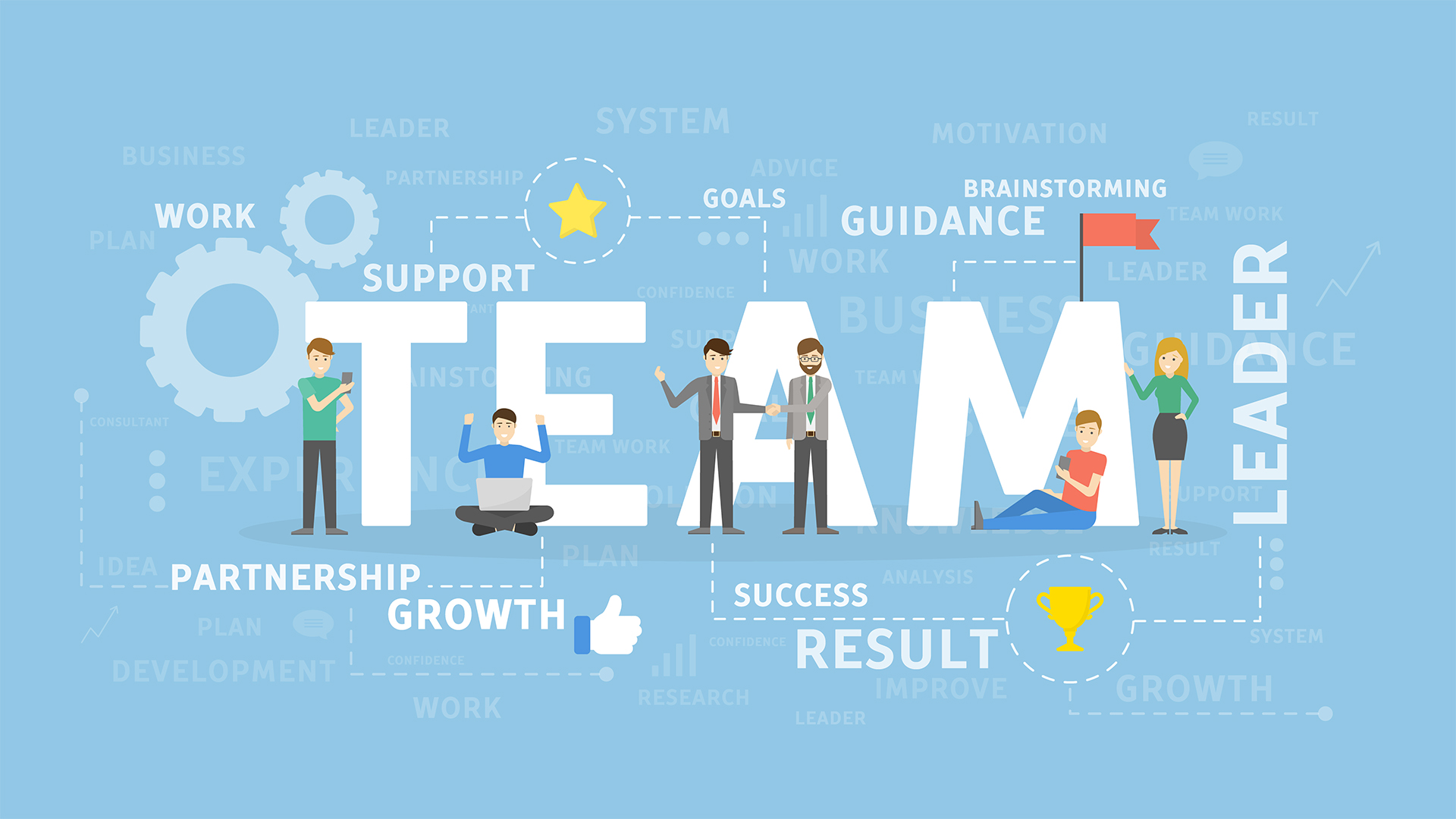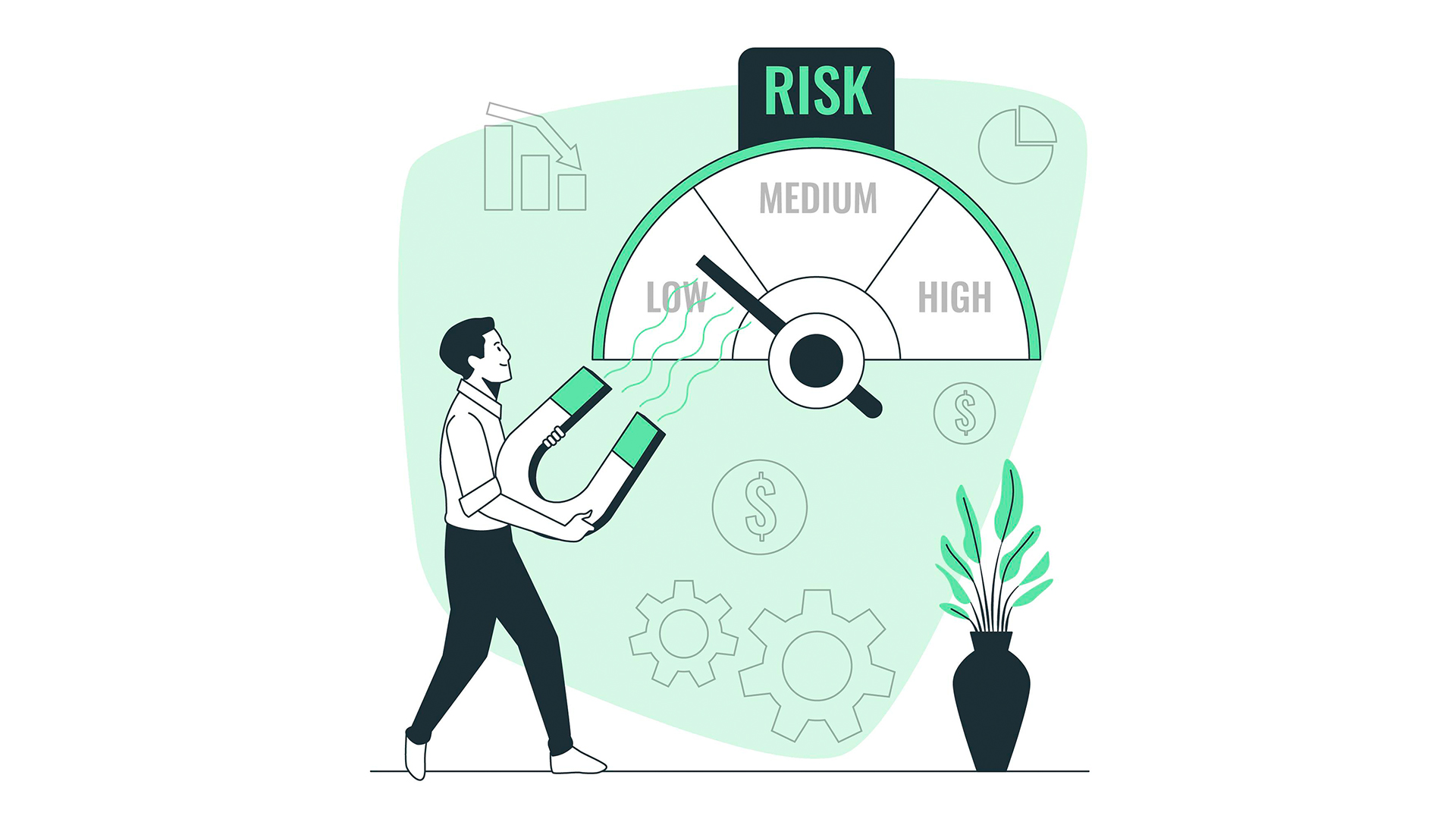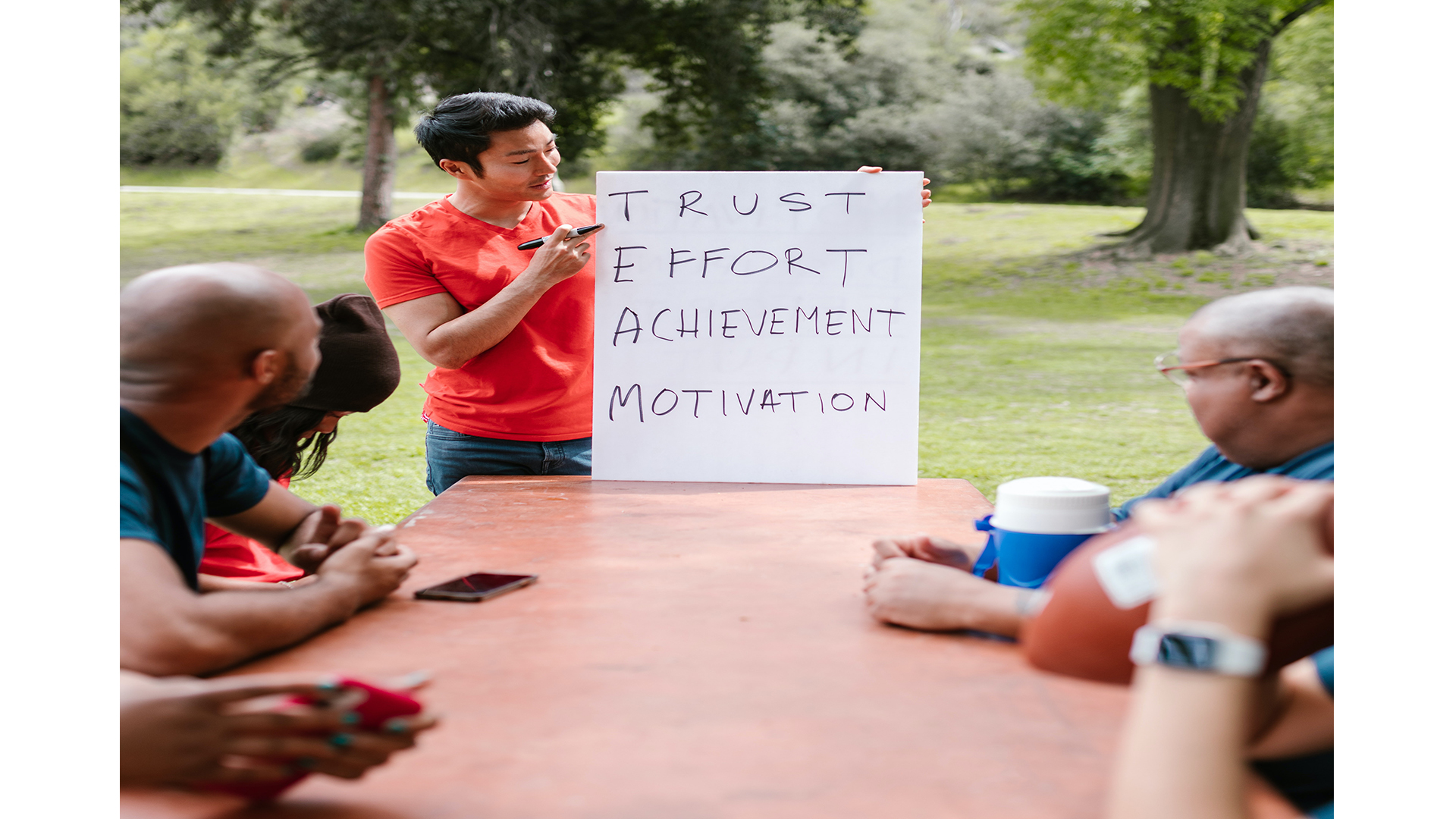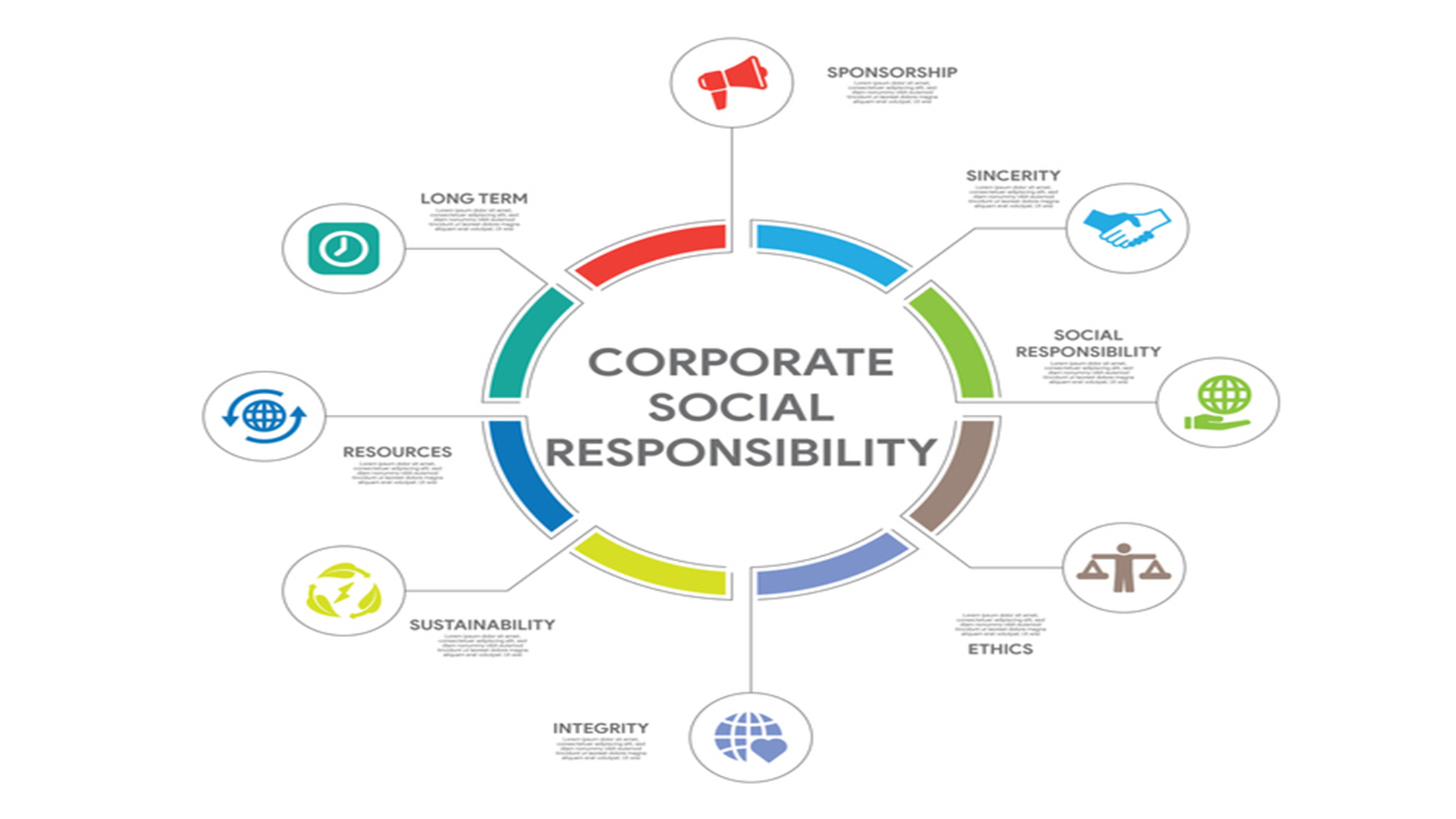
Strategic Thinking And Leadership Strategies For Oil, Gas & Petrochemicals
Course overview
Because it supports and diversifies the global economy, the oil, gas, and petrochemicals sector is vital to economic growth. Significant changes are occurring in every aspect of the company, from discovery to processing to consumption. Following the general trend of expanding oil and gas consumption, it is anticipated that the petrochemical industry would contribute an increasing portion of total growth. Businesses will need innovative thinking and skilled leadership at all levels in a world that is becoming more connected.
Why think strategically?
Thinking strategically entails seeing the big picture, making plans for the future, and acting to gain a competitive advantage. Strategic thinking is vital in the oil and gas sector. If it’s anticipated that the project will take weeks, months, or even years to complete, you can use critical thinking to solve challenging problems and plan ahead. Strategic planning and innovation are made possible by the capacity for strategic thought.
How can you develop your leadership and strategic thinking skills in the oil and gas sector?
An overview of the international oil and gas sector will be provided by Training Bee’s Leadership and Strategic Thinking in the Oil, Gas, and Petrochemicals sector training course, enabling participants to comprehend current trends and anticipated advancements in the future. The course will address important topics linked to managing continuing changes in technology, organization, and management styles while maintaining the rise in the demand for oil and gas. We come to the conclusion that building a learning organization is the largest issue facing executives in the oil and gas sector. This will call for alternative strategic thinking than the conventional “stick to your guns” strategy that has previously been frequently used. To encourage creative behaviors and action plans with a wider vision than simply the near term, a new agility mentality is required.
Introduction
Leadership and strategic thinking in the oil, gas, and petrochemicals industry represents the successful management of a business with a long-term vision, and a focus on both cost control and the growth of the company. As the industry moves towards a more globalized marketplace, leaders must think strategically to ensure their organization remains competitive and successful. The ability to manage risk and take calculated decisions can be essential to long-term success.
Leadership can also be key in fostering a culture of safety, minimizing environmental impacts, and providing excellent customer service. To be successful in the industry, leaders should be able to recognize opportunities and lead change with clear direction and communicated strategies.
We are The Training Bee, a global training and education firm providing services in many countries. We are specialized in capacity building and talent development solutions for individuals and organizations, with our highly customized programs and training sessions.
Learning Objectives
Upon completing Strategic Thinking and Leadership Strategies for Oil, Gas & Petrochemicals, participants will be able to:
- To learn how to think strategically in the context of the oil and gas industry and the advantages that come with it.
- To instill the strategic planning and thinking abilities required for a successful decision-making process.
- Gain knowledge of the most recent theories and trends in the oil and gas industry. Recognize the significance of locating and understanding strategic risks widespread in the sector.
- Recognize techniques for addressing difficult problems.
Our Unique Training Methodology
This interactive course comprises the following training methods:
- Role-playing – Participants will take part in several roleplays and understand practical ways of solving issues.
- Journaling – This consists of setting a timer and letting your thoughts flow, unedited and unscripted recording events, ideas, and thoughts over a while, related to the topic.
- Project-based learning
- Mind mapping and brainstorming – A session will be carried out between participants to uncover unique ideas, thoughts, and opinions having a quality discussion.
- Interactive sessions – The course will use informative lectures to introduce key concepts and theories related to the topic.
- Presentations – Participants will be presented with multimedia tools such as videos and graphics to enhance learning. These will be delivered engagingly and interactively.
Training Medium
This Strategic Thinking and Leadership Strategies for Oil, Gas & Petrochemicals training is designed in a way that it can be delivered face-to-face and virtually.
Course Duration
This training is versatile in its delivery. The training can be delivered as a full-fledged 40-hour training program or a 15- hours crash course covering 5 hours of content each day over 3 days
Pre-course Assessment
Before you enroll in this course all we wanted to know is your exact mindset and your way of thinking.
For that, we have designed this questionnaire attached below.
- How can I develop strong leadership and strategic thinking skills that will help me succeed in the oil, gas, and petrochemicals industry?
- What important qualities and traits should someone have in order to be successful in a leadership role in the oil, gas, and petrochemicals industry?
- What strategies should I use to develop effective strategies for success in the industry?
- How can I stay abreast of changes in the market and anticipate trends?
- What opportunities currently exist in the oil, gas, and petrochemicals industry, and what skills do I need to take advantage of them?
- What key trends and challenges can I expect to face when developing strategies in the oil, gas, and petrochemicals industry?
Course Modules
This Strategic Thinking and Leadership Strategies for Oil, Gas & Petrochemicals cover the following topics for understanding the essentials of the Agile Workplace:
Module 1 – Industry Leadership in Oil, Gas, and Petrochemicals
- Primary duties of executives in the oil and gas industry
- Leading to long-lasting transformation through situational leadership
- Occupational safety
- In the face of growing centralization, leadership
Module 2 – Opportunities and Threats in the Oil, Gas, and Petrochemicals Sector
- Costly oil prices
- OPEC and non-OPEC participants
- Acquisitions and mergers are increasing
- Sector of oilfield services
- Change in business strategy
- Selling petrol
Module 3 – Strategic Thinking’s Function
- Using strategic thinking to solve challenging problems
- Thinking in two different directions
- Drawing up problem maps
- Strategic thinking in groups
- Creating a strategic vision for possibilities in the oil and gas sector
Module 4 – Thinking Strategically for Leaders
- View of developing systems
- Focused on intent
- A strategic gap analysis
- Creating scenarios
- Premise-driven reasoning
Module 5 – Strategic Management
- Strategic leadership’s goals
- Transforming in the lead
- Establishing a vision
- Analytical viewpoint balance
- Successful communication
- Possibility of delegation
Module 6 – Strategic Risk Analysis in the Oil, Gas, and Petrochemicals Sector
- Judicious risk management
- Operational risk vs. strategic risk
- Both commercial and noncommercial hazards
- New product introductions
- Senior management changes
- Failing to adopt environmental reforms
- Simulation modeling and analysis
Module 7 – Across Oil and Gas Functions Collaboration
- Using cooperation as a business strategy in the oil and gas industry
- Interdisciplinary initiatives at the national and international levels
- Impact of cooperation
- Synergistic advantages
- Collaboration as a result of the fluctuation in oil prices
Module 8 – Leadership Techniques in the Oil and Gas Industry
- Redefining business strategies
- A transformational style of leadership
- Managed change that is sustainable
Post-course Assessment
Participants need to complete an assessment post-course completion so our mentors will get to know their understanding of the course. A mentor will also have interrogative conversations with participants and provide valuable feedback.
- How do the principles of effective leadership and strategic thinking apply in the oil, gas, and petrochemicals industry?
- What strategies do successful leaders in the oil, gas, and petrochemicals industry use to ensure continual improvement and growth?
- What key trends and challenges are currently impacting the industry and how can strategic leaders ensure their organization is prepared for potential disruptions in the industry?
- What innovative approaches can be used to develop long-term business objectives within the industry?
- What best practices and models can be used to leverage resources and capitalize on opportunities for strategic planning in the industry?
- How can leaders create structures and processes to ensure strategic execution and alignment across stakeholder groups in the industry?
Lessons Learned
The most important lesson learned from Leadership and Strategic Thinking in the Oil, Gas, and Petrochemicals Industry is to always be aware of the changing dynamics of the industry. It is essential to stay informed of the latest developments, trends, and challenges facing this highly competitive and ever-evolving industry, and to adapt organizational strategies accordingly. Leaders need to be proactive in understanding the full scope of industry complexities, engaging in strategic conversations to develop innovative solutions, and understanding how to best capitalize on opportunities. Lastly, leaders must embrace the inherent level of risk associated with decisions in this industry and create a culture that encourages strategic thinking, strong communication, and collaboration.
“Step It Up: Harness Strategic Leadership’s Power in the Oil, Gas, and Petrochemicals Sector.”







